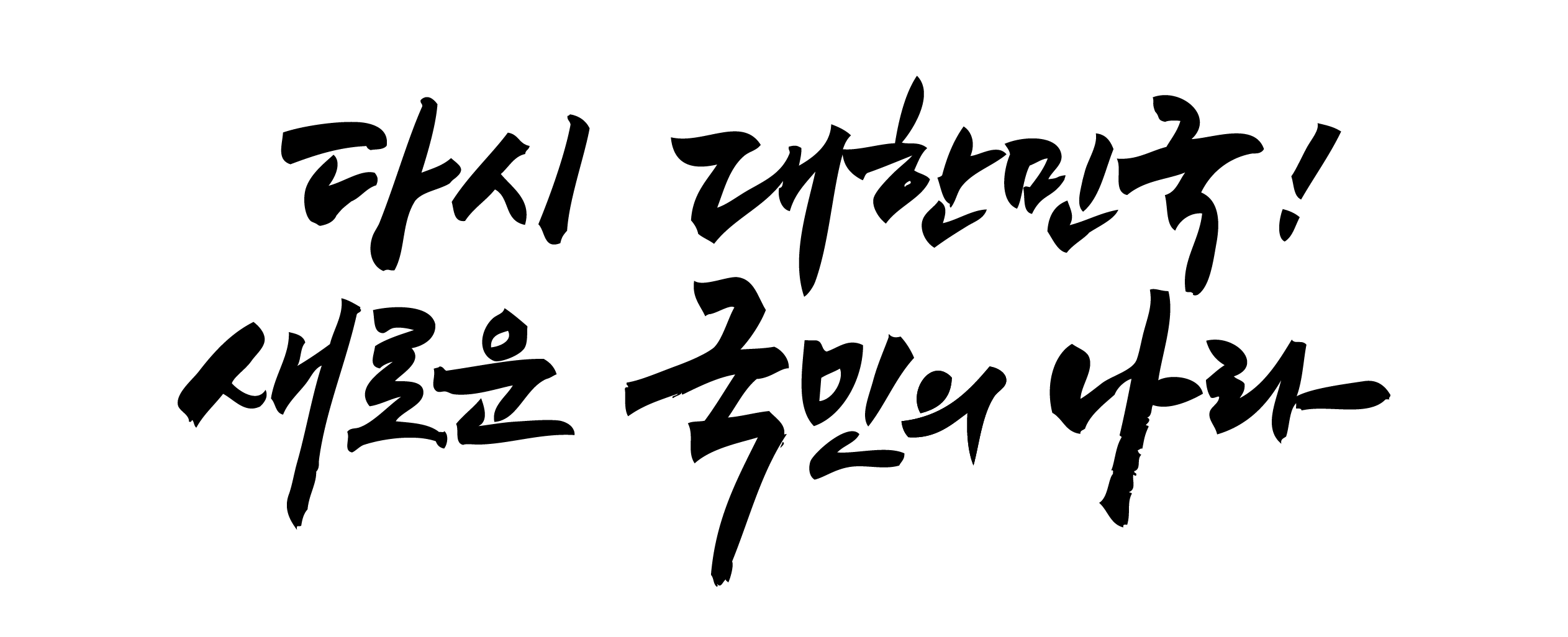연구활동
논문투고
축산관련 논문을 투고한 자료를 모아 정보를 제공합니다. 관련자료가 없는 성과년도는 표기되지 않습니다.
| 논문명(한글) | Aspergillus ochraceus 와 Rhodotorula mucilaginosa 저감을 위한 자외선과 유기산 복합처리 효과 분석 | ||
|---|---|---|---|
| 논문명(영문) | Aspergillus ochraceus 와 Rhodotorula mucilaginosa 저감을 위한 자외선과 유기산 복합처리 효과 분석 | ||
| 성과주관부서 | 국립축산과학원 축산생명환경부 축산물이용과 | ||
| 품목코드 | 미생물 / 식품미생물 / 축산 | ||
| 학술지명 | 한국식품위생안전성학회지 | 주저자 | 이은선 |
| 성과년도 | 2019 | 성과적용일 | 2024년02월 |
This study investigated the effectiveness of using pathogens and aqueous acids to reduce the Aspergillus ochraceus and Rhodotorula mucilaginosa contamination in livestock production environments. For this
study, 1 mL of each bacterial suspension (107-108 spores/mL) was inoculated on a knife surface, dried at 37oC, and used under each treatment condition. First, to investigate the effect of organic acids, acetic, lactic, and citric acids were used. Subsequently, to select the appropriate concentration, they were prepared at
concentrations of 0.5, 1, 2, 3, 4, and 5%, respectively. Accordingly, to further maximize the effect of organic acid treatment, we combined the treatment with ultraviolet light. The two strains showed a significant difference (P<0.05) compared to the initial strain, with a greater than 90% decrease in the concentrations of all organic acids. Consequently, acetic and lactic acids decreased by approximately 5 and 2 log colony forming unit (CFU)/cm2, respectively, when treated with ultraviolet light (360 mJ/cm2); however, citric acid decreased by less than 1 log CFU/cm2. However, when manufactured with 4% acetic acid, a severe malodor was emitted, making it difficult for workers to use it in a production environment. Accordingly, the optimal treatment conditions for organic acid and ultraviolet light for application were selected as follows: immersion
in a 4% lactic acid solution for 1 minute and then, sterilization with ultraviolet light at 360 mJ/cm2. Finally, when a pork meat sample was cut with a knife that was finally washed with lactic acid and treated with ultraviolet light, the low level of inoculum transferred from the cleaned knife to the surface of the sample was not detected. In conclusion, using this established method can prevent cross-contamination of the surface of the meat during processing.






